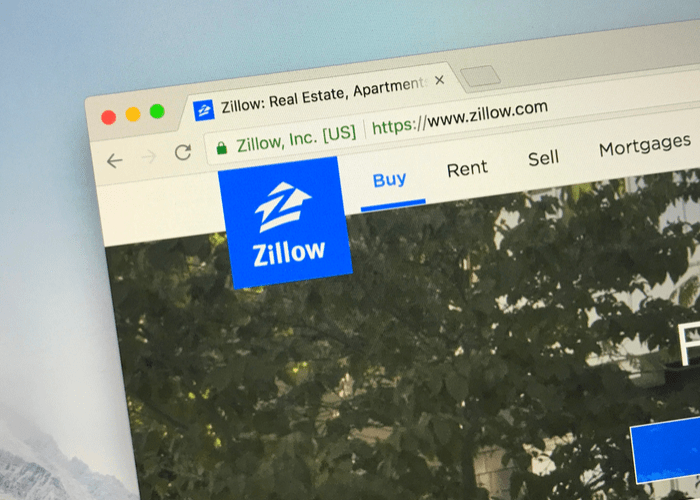
Recent numbers show that renters in the US who work in the food and retail industries are spending more on housing costs if they are unable to work for two months. The rate is a six percent increase from the current renters' numbers.
Local governments continue to limit or close businesses to stop the spread of COVID-19, and different solutions have been brought to the floor to help alleviate some of the financial hardships facing employees.
Zillow has reported that the short-term loss of income is greatly affecting renters' finances and what that could mean for landlords in the coming months.
New York Governor, Andrew Cuomo stated he does not intend to forgive rent for tenants hit hard by quarantine or layoffs. He says the 90-day ban on evictions is enough for now.
Zillow analysts reported the states where food and retail workers will have to spend up to half their annual income on rent are San Diego, San Jose, Calif., Denver, Miami, Los Angeles, Riverside, Calif. and Sacramento—37 percent of local food and retail employees being in Las Vegas, the highest percentage of any market analyzed by Zillow.
Zillow Senior Policy Advisor Alexander Casey, said:
"Renters across the country, and in the service industries especially, are already often stretching their budgets. They are likely to see their rent burden increase if paychecks disappear, which also means they'll have less funds left after paying housing costs for other essentials, which can quickly become devastating. But without drastic measures now to slow the spread of this disease, we risk it worsening, further delaying the economy's return to business as usual and resuming the livelihoods for these workers."
With the US jumping up the chart of most infected people per country, and the stretch of the quarantines being unknown, it's important now, more than ever to find a balance. Analyses like this gives companies a valuable source of data to make more informed decisions.